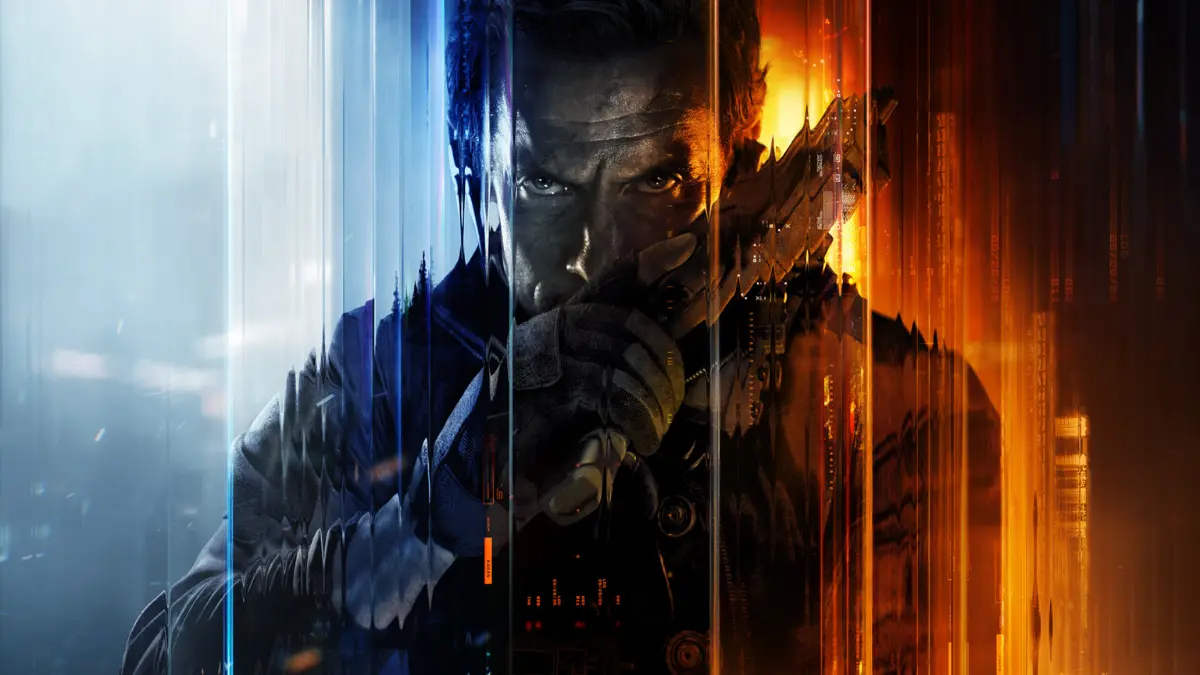A senior developer at Treyarch has done something rare in the gaming industry—he’s admitted what many players have been thinking. Yale Miller, a producer at the studio behind Black Ops 6, said in an interview with CharlieIntel he’s genuinely concerned about franchise fatigue hitting Call of Duty.
“I think the honest answer is yes. I worry about that,” Miller stated. “Obviously, there was a plan with the two MW games and then this.”
His candid admission comes at a critical time for the franchise. Players just experienced two Modern Warfare games in a row—Modern Warfare II in 2022 and Modern Warfare III in 2023. Now, after Black Ops 6 launched in 2024, reports suggest another Black Ops entry is already lined up for 2025.
This pattern breaks the traditional Call of Duty rotation. For years, the franchise cycled between different studios and sub-series. Infinity Ward would deliver a Modern Warfare game, then Treyarch would switch things up with Black Ops, and Sledgehammer would add variety with something different. This kept each yearly release feeling somewhat fresh.
But consecutive releases within the same sub-brand risk making the games blur together. When you’re playing Modern Warfare III just 12 months after Modern Warfare II, the differences can feel minimal. The same weapons, similar progression systems, and shared Warzone integration all contribute to a sense of déjà vu.
The stakes are massive for Activision. Call of Duty games reportedly cost between $450–700m to produce, with enormous teams working on tight deadlines. The franchise needs to sell millions of copies and maintain strong player engagement to justify these budgets. Any drop in interest could spell financial trouble.
Players have mixed feelings about the fatigue risk. Some argue Call of Duty is too big to fail—it’s the gaming equivalent of McDonald’s or Coca-Cola. Friends buy it every year because their friends buy it, creating a self-sustaining cycle. The recent addition to Game Pass has only expanded this reach, bringing in players who might skip the annual purchase otherwise.
Others point out that even reliable franchises can stumble. The back-to-back branding strategy feels lazy, especially when all recent games share the same engine and must integrate with Warzone. This technical requirement limits how different each game can actually feel.
When even the chefs are tired of the menu
Miller’s honesty is refreshing because developers rarely acknowledge these concerns publicly. His comment suggests Treyarch knows they need to shake things up for their expected 2025 release. Whether that means new movement systems, different settings, or fresh gameplay mechanics remains to be seen.
The real test comes next year. If Treyarch delivers another Black Ops that feels too similar to Black Ops 6, Miller’s worries could become reality. But if they manage to surprise players despite the constraints, Call of Duty might prove it can survive even its own success.

